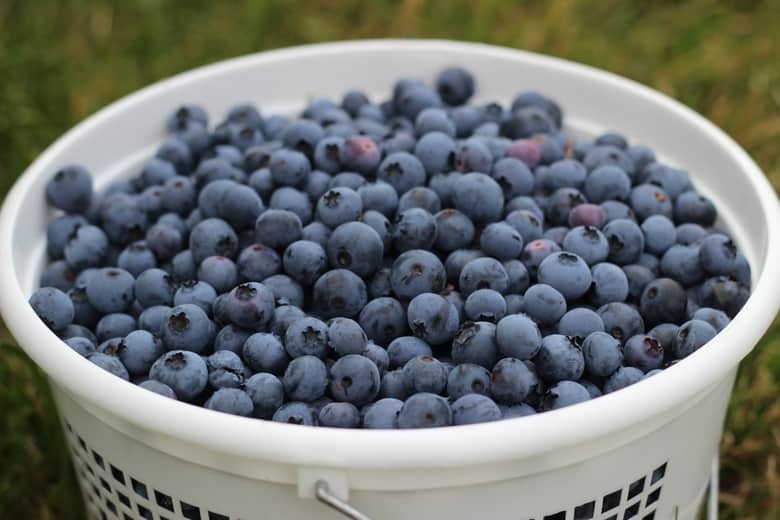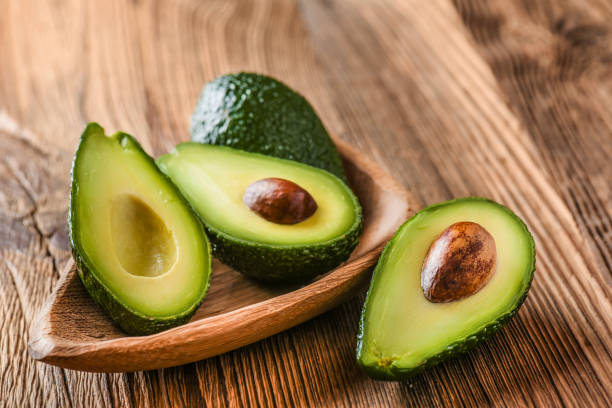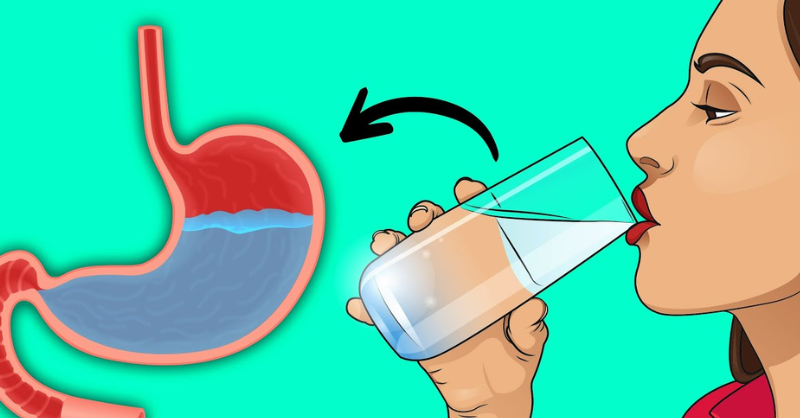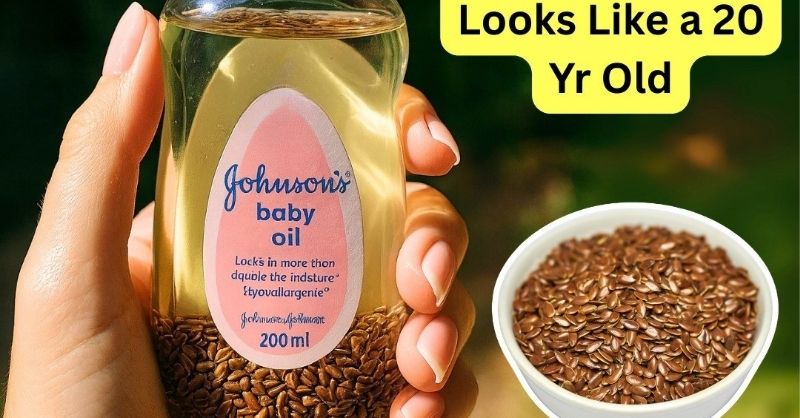
Non-alcoholic fatty liver disease (NAFLD), now also called metabolic dysfunction-associated steatotic liver disease (MASLD), is a common condition in which excess fat builds up in the liver. According to the NHS, it’s strongly linked to being overweight or living an inactive lifestyle, though it often causes no symptoms.
Risk factors include carrying extra weight around the stomach, type 2 diabetes, PCOS, high blood pressure, high cholesterol, and being over 50. When symptoms do appear, they may include fatigue, general malaise, or discomfort under the ribs on the right side.
While lifestyle changes remain the cornerstone of prevention and treatment, research shows that certain fruits may actively reduce liver fat, regulate blood sugar, and support healthier cholesterol levels. Here are three fruits backed by science that can make a difference:
Blueberries: Small but Powerful

Blueberries are packed with anthocyanins — antioxidants that protect the liver from oxidative stress and help maintain metabolic balance.
One study found that eating blueberries daily reduced liver fat in people with NAFLD. Other research suggests they may limit fat formation in the liver while improving insulin sensitivity and slightly lowering LDL (“bad”) cholesterol.
Enjoy half a cup of fresh or frozen blueberries several times a week, blended into a smoothie, sprinkled on oatmeal, or paired with a handful of nuts for a snack. Aim for 4–5 servings weekly for the most consistent benefits.
Apples: Everyday Support for the Liver
High in soluble fiber (pectin) and polyphenols like quercetin, apples can bind fat and cholesterol in the gut and protect liver cells from damage. Studies suggest regular apple consumption is linked to lower liver fat and triglycerides, particularly in people who are overweight.
Apples also help control blood sugar and support heart health by boosting “good” HDL cholesterol. Eating them whole — skin included — ensures you get the full nutritional benefit. One to two apples a day, especially varieties like Granny Smith or Fuji, is a simple way to support liver and metabolic health.
Avocados: Healthy Fats That Protect

Avocados provide monounsaturated fats, fiber, and vitamin E, all of which support liver function and overall metabolism.
Research has shown that avocado consumption can reduce oxidative stress, improve mitochondrial health in the liver, and increase insulin sensitivity in people with type 2 diabetes. Other studies also found a modest reduction in LDL cholesterol when avocados were included as part of a balanced diet.
Half an avocado a day — on wholegrain toast, tossed in a salad, or blended into a dip — is enough to gain benefits while keeping calories in check. Eating them 3–5 times a week is recommended for the best effect.






